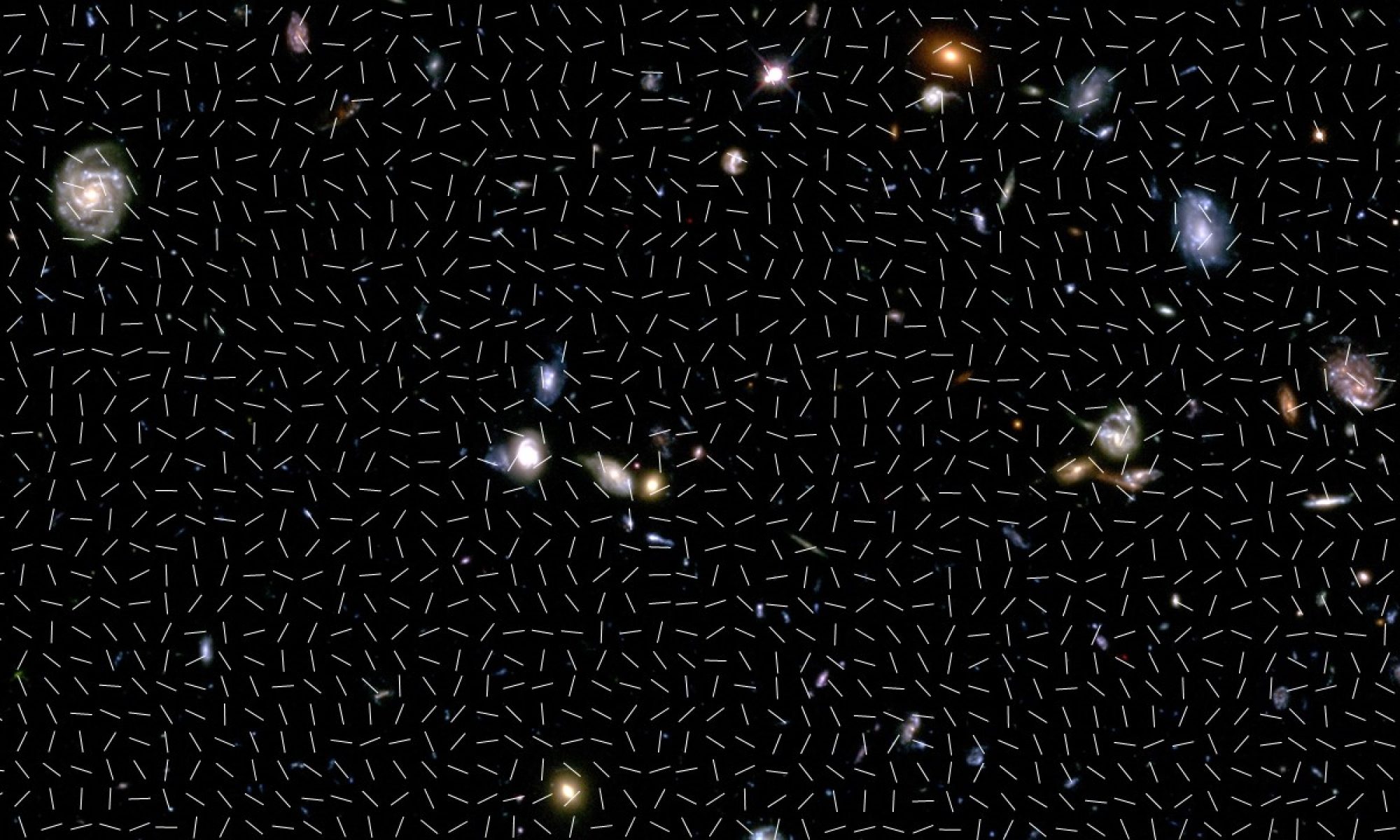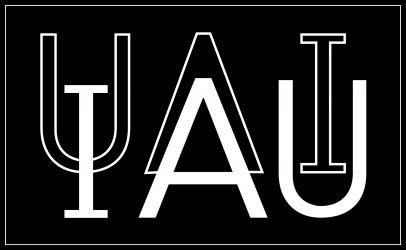Code of conduct
The organisers are committed to ensuring that the focus meeting is supportive and inclusive of all members of the astronomical community, regardless of their expression of identity, their nationality, or their academic seniority. All participants must read and respect the IAU Code of Conduct on Ethics and Anti-Harassment in order to participate in this meeting.
Key Topics
- Calibration of the redshift distribution
- Current weak lensing surveys
- Weak-lensing systematics
- Non-standard lensing probes
- Tensions in cosmology
- Modelling extensions to LCDM
- Future weak-lensing analyses
Full Program
The full program is available here (note this version overwrites the one on the IAUGA2022 website): https://docs.google.com/spreadsheets/d/1FqMg80F3EmEy2O10CTWytovYBMypY6W5AZUhg0aUrDg/edit?usp=sharing
Session Outline and Summary
The meeting will be divided into 6 sessions of 1.5 hours each. We plan to group blocks of 2 sessions into 3 primary topics of interest (thereby allowing each topic to be covered in a full 3 hours). These topics are:
- Current weak-lensing surveys;
- Understanding tensions in cosmology; and
- Future weak-lensing analyses.
Generally each topic will be covered by 1 review talk, 6 regular talks, and one discussion session. The aim of this discussion time will be to summarize the topic, and identify interesting issues that will require further dedicated study in the 2020s. Contributed posters will be displayed during coffee breaks and advertised at the relevant discussion sessions.
Session 1: Current weak lensing surveys (1/2)
Presentation of the state-of-the-art of cosmic shear two-point statistics analyses (e.g., Dark Energy Survey, Kilo Degree Survey, Hyper Suprime Cam survey). Focus on weak-lensing systematics (e.g., photometric redshift calibration, galaxy shape measurement, intrinsic alignments of galaxies, baryon feedback)
Invited Speakers
- Alexandra Amon
- Marika Asgari
- Hironao Miyatake
Session 2: Current weak lensing surveys (2/2)
Focus on non-standard lensing probes (e.g., bispectrum, peak statistics, minkowski functionals, mass map machine learning)
Invited Speakers
- Jia Liu (review)
Session 3: Tensions in cosmology (1/2)
Focus on non weak-lensing systematics (e.g., CMB systematics, H0 measurements)
Invited Speakers
- Sherry Suyu (review)
- Renee Hlozek (review)
Session 4: Tensions in cosmology (2/2)
Focus on modelling extensions to LCDM (e.g., neutrinos, time-dependent dark energy, exotic models)
Invited Speakers
- Matteo Cataneo
Session 5: Future weak-lensing analyses (1/2)
Presentation of future Stage IV weak-lensing surveys (e.g., Euclid, Rubin LSST, China Space Station Telescope, Roman)
Invited Speakers
- Hendrik Hildebrandt
- Jun Zhang
- Francois Lanusse
- Chris Hirata
Session 6: Future weak-lensing analyses (2/2)
Continuation of session 5, focussing on discussion of key points to retain for the future of cosmic shear.

